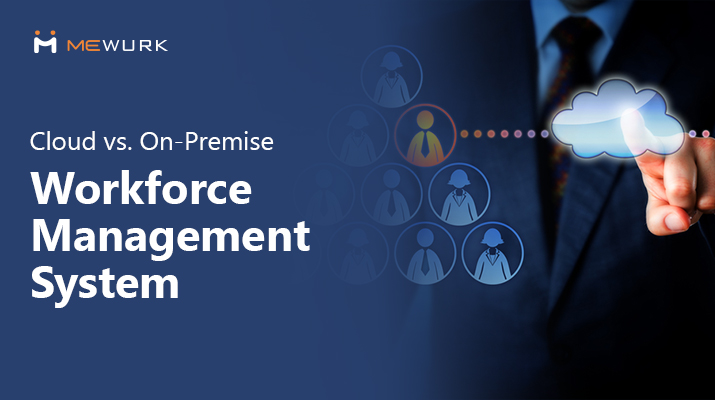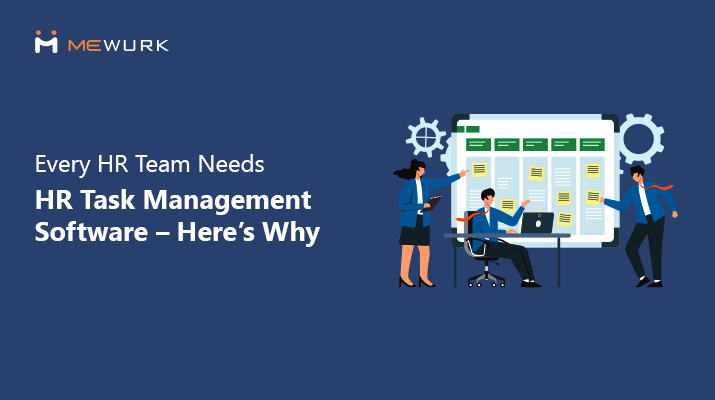
Every HR Team Needs HR Task Management Software – Here's Why
Walk into any office. You might struggle to pinpoint the manager, the graphic designer or the software engineer without some detective work. Peeking at screens or wandering around to catch a vibe. But HR executives or managers? That's a whole different story. You'll know them by their whirlwind of energy. They are always on the move, trying to handle a million tasks simultaneously. They've got a neon sign above their heads saying, “Yep, I'm the HR!” (Figuratively, of course — but it feels that obvious sometimes).
And that's exactly the reason why all the HRs we know of are crying out for a lifeline. Because handling that level of responsibility is exhausting. So, here's where HR task management software comes in. It brings order to the disarray and gives HR the chance to plan ahead, instead of just trying to keep their heads above water. This blog will break down why task management is essential in HR and how the best task management software can make it more effective.
What is Task Management in HR?

Task management in HR refers to the systematic process of identifying, organising, prioritising, delegating, and monitoring HR-related tasks. To make sure no critical task slips through the cracks, it's important to complete them on time and with efficiency.
Task management in HR demands having clear visibility of all necessary actions within the HR department and ensuring accountability for their execution. In modern business contexts, HR task management software is at the core of automating and managing about 80 to 90% of HR’s daily workflows.
Breaking Down the Role of HR Task Management Software in Modern HR
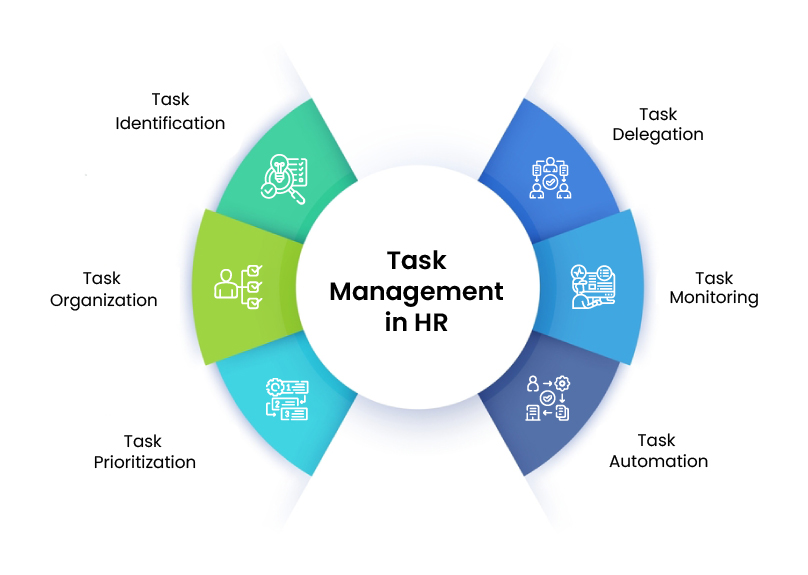
Identification of Tasks
The first critical step in HR task management lies in recognising all the recurring and ad-hoc responsibilities that fall under the HR function. For instance, tasks related to recruitment, onboarding, employee relations, payroll, benefits administration, performance management, training and development, compliance, and more.
The HR team must maintain a clear, priority-based view of their responsibilities. While this takes time to map and organise manually, when you incorporate premium or free task management software to structure and monitor these, it will save you a great deal of time.
Organization and Prioritization
Once the tasks are identified, they need to be arranged logically. Often, this will boil down to breaking down larger projects into smaller, manageable ones. Creating checklists, workflows, or project plans with the help of tools can help organise and track the progress of these tasks.
Prioritisation is another pillar in task management. Evaluating each task based on urgency and importance will allow you to allocate your time and resources more effectively. Remember that a well-structured approach can improve team performance while also minimising confusion by providing clarity on what needs to be accomplished and when.
Task Delegation Process
Assigning tasks to team members based on their roles, skills, and workload is essential for effective HR management. Clear delegation through HR task management software helps establish accountability and ensure that responsibilities are distributed appropriately across the team.
Matching tasks with individual strengths is key to preventing burnout from uneven workload distribution. In HR management, this is the most effective strategic approach to maximise team efficiency. When team members have clarity about their specific responsibilities, there is greater potential to enhance collaboration and thereby improve project outcomes.
Monitoring & Automation
Keeping track of each task's progress, noting deadlines, and identifying potential roadblocks allows for proactive intervention and ensures schedules remain on track.
Modern HR departments now rely on task management systems and HRIS tools to handle routine admin work, send timely reminders, and keep daily operations organised. This helps cut down on missed steps caused by manual follow-ups or unclear communication. It also keeps processes consistent, saves time, and helps teams stay on top of their responsibilities.
Why is HR Task Management Software Considered the Backbone of HR Operations?
Human resource management operations are complex in any organisation. HR teams often handle intricate responsibilities while fulfilling roles that are crucial for organisational productivity and strategic focus. The points below highlight the importance of task optimisation in employee management and why forward-thinking organisations use HR task management software to achieve it.
Multifaceted HR Needs Better Coordination
A common misconception is that HR professionals only handle hiring and firing. While these are their most visible tasks, they also manage a wide range of other responsibilities. These include recruitment, employee relations, compliance, and organisational development.
Each of these areas requires systematic approaches to task prioritisation and execution. Research indicates that when HR personnel use HR task management software, they are able to improve their department's overall efficiency.
Smart Decisions Require Organised Data
In employee management, you can’t make random decisions because it will cause your company’s resources to suffer. Every HR decision impacts the entire organisation, so it must be grounded in accurate information. But where does this data come from?
HR professionals need to monitor key metrics like employee turnover, performance evaluations, training effectiveness, and recruitment costs. None of this works without leveraging the HR task management software. Without it, data collection becomes inconsistent and analysis becomes unreliable. Studies have shown that organisations using dedicated systems for HR task management — whether free online task manager software or premium solutions — gain a measurable advantage over those relying on legacy or fragmented methods.
Compliance Management Demands Consistent Follow-Through
HR departments are the ones responsible for navigating regulatory environments that frequently evolve. Sometimes, it's the labour laws they need to comply with; other times, it's benefits administration and workplace safety requirements they must stay on top of. When any of these responsibilities miss their critical deadlines, the consequences aren’t just operational hiccups. They can result in hefty penalties and legal complications.
Unless there’s a strong system of task management in place, important deadlines and obligations can easily slip through the cracks. HR task management software enables teams to set automated reminders for compliance-related activities and maintain accurate documentation.
For instance, staying compliant with tax filing deadlines, renewing labour licenses, updating PF or ESI contributions, or submitting audit reports. All of these can be scheduled, tracked, and recorded in one centralised HR task management software.
Employee Experience Hinges on Timely HR Service Delivery

The relationship between employees and the organisation is strongly influenced by their interactions with HR services. Delays in addressing payroll issues, benefits enrollment, or workplace concerns directly impact employee satisfaction and retention. Proper task management in HR operations ensures that employee requests receive prompt attention and that a standardised resolution process is in place. Reports from several organisations support this claim — for instance, the Deloitte Global Human Capital Trends report indicates that companies implementing standardised procedures and digital tools for HR task management are set to achieve up to 36% higher employee satisfaction scores regarding HR services.
Strategic HR Initiatives Require Clear Execution Frameworks
HR management has gradually evolved from a primarily administrative function into a strategic pillar within modern organisations. Rather than focusing entirely on day-to-day operations, HR professionals are now expected to balance these with the long-term goals of the organisation. For instance, by leading initiatives like succession planning, culture development, and workforce planning. These efforts do not yield instant results but often require careful orchestration over extended periods. Here too, task prioritisation, coordination, and evaluation are essential. By leveraging HR task management software, HR teams can ensure that adequate resources are allocated to strategic projects while maintaining operational excellence.
Conclusion
At the end of the day, HR productivity hinges on how well HR teams handle their tasks. Whether it’s the routine admin tasks or the more hands-on work around engagement and strategy. In both the planning and execution of these, task management plays a big role in HR success. We believe you now understand how HR teams enhance productivity and organisation with HR task management software.
What’s your take? How has task management shaped your HR workflow? Could HR task management software refine your team’s efficiency? Share your insights with us!
Most Popular Post
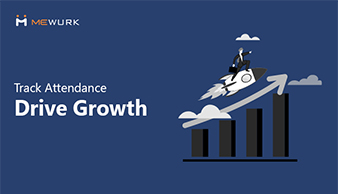
Why Accurate Attendance and Leave Management Matters for Business Growth?
Read More →Why Accurate Attendance and Leave Management Matters for Business Growth?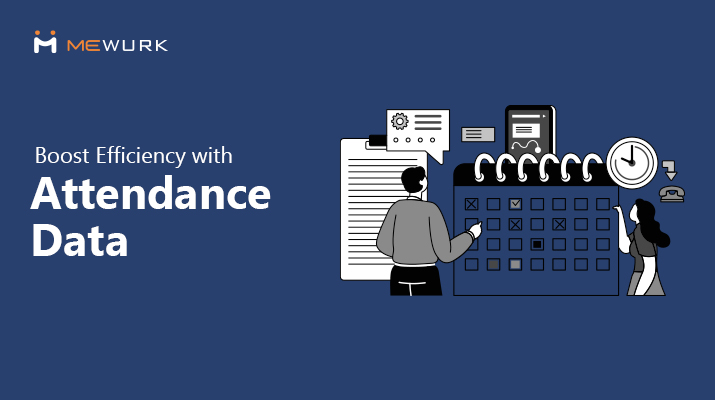
How To Leverage Attendance Data For Better Workforce Management?
Read More →How To Leverage Attendance Data For Better Workforce Management?